Valentine's Day in Japan: The Lowdown on Unique Customs and Traditions

In Japan, Valentine’s Day can be a bit of a sweet and savory curveball for the uninitiated, where chocolate is more than just a confectionery pass-time—it's a cultural pitch underhand. February 14th in Japan isn't just a day for love-struck couples to indulge in the exchange of heartfelt pleasantries and romantic gestures. It's more like a choco-centric game of tennis with its unique customs, where women are the ones serving up the cocoa creations and men, a month later, scrambling to return the serve. Let's unwrap the delicate foil of this fascinating chocolate-coated tradition and take a bite into the rich, nuanced flavors of Valentine's Day in Japan, shall we?
Valentine's Day: A Universal Celebration of Love and Appreciation
Valentine's Day is celebrated in many countries around the world as a day to express love and appreciation for romantic partners, family members, friends, and other loved ones. At its core, it is a celebration of love, relationships, and human connection.
However, while the general spirit of Valentine's Day is similar globally, the specific customs and traditions associated with the holiday can vary greatly depending on the country and culture. In Western countries like the United States, Valentine's Day tends to be focused on romantic relationships, with popular traditions involving exchanging cards, flowers, chocolates, or going out for a romantic dinner.
In other parts of the world, including Japan, Valentine's Day incorporates unique cultural twists resulting in customs and practices that add special meaning and flair to this beloved holiday. So if you ever find yourself spending February 14th in Japan, be prepared for a one-of-a-kind celebration of love.
Unique Customs and Traditions in Japan
Valentine's Day in Japan, also called Barentain Dē in Japanese from a shortened form of the loan words "Valentine's Day," brings its own unique set of customs and traditions to this popular holiday.
While the emphasis is still on expressing love and appreciation, several key practices set Japan's Valentine's Day apart from how it is celebrated in other parts of the world. These include women giving chocolates to men, the existence of "White Day" a month later as a response, immense cultural importance placed on giving chocolates specifically, challenges getting reservations at popular restaurants, and navigating social pressures and expectations.
Understanding these unique components of Valentine's Day provides deeper insight into Japanese culture and values. It also allows visitors or residents in Japan to fully appreciate and participate in this fun, love-filled holiday.
Custom #1: Women Giving Chocolates to Men
Explanation of the Tradition of 'Honmei Choco' and 'Tomo Choco'
One of the most well-known Valentine's Day customs in Japan involves women gifting chocolates to men. However, it's not as simple as just any chocolate - there are actually two distinct types women give, with different implications behind each.
The first is honmei choco, which translates to "true feeling chocolate." This chocolate is given by women to their husbands, boyfriends, or someone they have romantic feelings for. It expresses love and interest.
The second type is tomo choco, which means "friend chocolate" in Japanese. As its name denotes, this chocolate is gifted platonic male friends, coworkers, or bosses.
While just a sweet treat in many cultures, the tradition of gifting honmei choco or tomo choco on Valentine's Day reveals an extra layer of meaning and symbolism in Japan.
Significance and Symbolism Behind This Gesture
Women gifting chocolate to men on Valentine's Day first emerged in Japan in the 1960s as the country became more exposed to Western culture and holidays. Japanese confectionery companies also played a key role in branding February 14th as a day for women to express love through chocolate.
However, the concept aligned smoothly with longstanding Japanese cultural views about women initiating courtship traditions. This gesture allows women to be proactive in pursuing romance rather than waiting on men to make the first move.
Giving honmei choco to a man carries weight as a bold, direct expression of affection. The extra effort involved in making or purchasing chocolate demonstrates sincere interest and care.
Additionally, while friends and coworkers receive chocolate too, distinguishing honmei choco preserves the romantic implications and highlights the two types of relationships.
Thus, women gifting chocolate to the special men in their lives embodies cultural symbolism about courtship, romance, and affection unique to Japan.
Custom #2: White Day - The Men's Turn
Overview of White Day as a Response to Valentine's Day
Another distinguishing aspect of Valentine's Day in Japan comes one month later on March 14th with the observance of White Day. On this holiday, men who received chocolates on Valentine's Day return the favor by giving gifts to the women in their lives.
White Day was created by the Japanese National Confectionery Industry Association as an "answer day" to Valentine's Day, similar to how Black Friday responds to Thanksgiving in the U.S. While not an official public holiday, it is widely celebrated across Japan.
The name White Day comes from the color white representing purity and symbolizing the sincerity, appreciation, and devotion men display in returning the affectionate gesture.
How Men Return the Favor After Receiving Gifts
On White Day, men give reciprocal gifts to women who gave them honmei choco or tomo choco the previous month. The gift is usually white chocolate, lingerie, jewelry, white flowers, or similarly personal and valuable items.
The etiquette depends slightly on the type of chocolate received:
-
For honmei choco (romantic chocolate), the man would give a romantic gift to his wife, girlfriend, or love interest.
-
For tomo choco (friendship chocolate), the general rule is to give gifts costing 2-3 times the price of the chocolate received.
While not required, White Day allows men to properly convey their feelings in return to the women special in their lives. The call and response nature across the two holidays sustains an ideal of reciprocity around expressing affection.
Custom #3: Chocolates Galore and Reservations Everywhere
Discussion of the Cultural Emphasis on Chocolates and Romantic Gestures
As seen in the customs already discussed, chocolate and gifts play a central role in Japan's version of Valentine's Day. Sweets and romantic gestures dominate the cultural traditions and expectations.
In the weeks leading up to February 14th, shops fill up on chocolates, heart-shaped decorations, rose bouquets, and other popular items. Gift sets and packages get marketed extensively to men and women alike.
On the day itself, homemakers spend hours preparing handmade chocolates for their sweethearts. Others form long queues at luxury chocolate boutiques choosing the perfect designer sweets.
Valentine's Day in Japan reveals a cultural emphasis on tangible expressions of love, especially through the medium of chocolate. Showing affection, care, and sincerity through material objects ties closely to local values.
Impact on Dining and Entertainment Venues During Valentine's Day
The cultural traditions of exchanging gifts and chocolate combined with romantic date activities lead to another unique hallmark of Japanese Valentine's Days - crowds everywhere!
Restaurants, couples' resorts, hotels, cafes, and any dining establishment viewed as romantic get bombarded with reservations weeks in advance. Tokyo Disneyland and other date spots also attract hordes of couples celebrating the holiday.
It is common for reservations to get booked up entirely months before February 14th. Couples wanting to eat out must plan far ahead or try their luck at walk-in only places.
The influx of diners and lovers celebrating over chocolate, flowers, and intimacy gives a lively atmosphere across Japan on Valentine's Day. Streets fill with couples dressed up to the nines for their special date out expressing their feelings.
In this sense, the holiday's impact on the hospitality and entertainment industries cannot get overlooked as an integral part of how it is celebrated.
Custom #4: Social Norms and Expectations
Insights into the Social Pressure and Expectations Surrounding Valentine's Day
As an immensely popular celebration in Japan, certain social norms and expectations inevitably developed around Valentine's Day that add another dimension to its observance.
Namely, the cultural traditions around women giving chocolate and men reciprocating gifts lead to social pressure, especially in circles where conformity gets encouraged or enforced.
Women in relationships feel obliged to prepare or purchase chocolate for their boyfriends or husbands. Those who remain single also face stigma around not having anyone to give gifts to.
Similarly, men feel expected by society to respond on White Day with an appropriate return gift.
These pressures to conform to dominant cultural customs can detract from the voluntary, personal nature of expressing love and appreciation.
How Individuals Navigate These Expectations and Celebrate the Occasion
However, individuals find unique ways to celebrate that cater to their values while aligning with social norms.
For instance, women in new relationships may buy commercial chocolate rather than homemade as it carries less intense connotations. Friends may exchange tomo choco while single women give chocolate to family members only.
Younger generations in Japan also increasingly focus on enjoying the holiday without obligations. Some couples opt for low-key dates rather than expensive outings to fancy restaurants.
Ultimately, Japanese Valentine's Day allows room for personal choice in gift-giving, activities, and adhering to or ignoring societal expectations depending on individual preferences.
Custom #5: Commercialization and Personalization
Examination of the Commercial Aspects of Valentine's Day in Japan
A final notable characteristic of Valentine's Day in Japan is the extent of commercialization and marketing surrounding the occasion.
As touched on earlier, Japanese confectionary companies played a large role in originally establishing February 14th as a holiday laden with gifts like chocolate. Their massive success through the decades set the stage for capitalization.
Today, profit-driven marketing campaigns, retail displays, corporate candy collections, and heart-covered packaging reveal the commercial side of the event.
However, considering that gifts bear so much cultural meaning and personal symbolism, consumers still value homemade and sincerely chosen presents over generic items.
Emphasizing the Importance of Personal Meaning and Thoughtfulness in Celebration
In this regard, Japanese Valentine's Day customs skillfully blend genuine displays of affection with some commercialization - unlike Western countries where criticism abounds of the occasion becoming too money-driven.
The cultural context surrounding gifts of chocolate, flowers, and other treats emphasizes personal meaning and thoughtfulness over price tags or extravagance.
Ultimately, while commercial aspects undoubtedly exist, Japanese consumers focus their spending on heartfelt gifts for loved ones that align with cultural traditions.
Conclusion
What originally started as just another Western-inspired occasion adopted by Japan following World War II grew into a beloved holiday celebrated with unique cultural flair.
Valentine's Day activities like women gifting chocolate to men, White Day gift-giving in return, enjoying romantic dates, and exchanging gifts reveal remarkable customs setting Japan apart.
These traditions speak to broader societal values - about courtship, reciprocity, gift-giving, interpersonal bonds, and expressing emotions.
While some commercialization and social pressures occur, individuals ultimately personalize activities in alignment with cultural norms and their preferences.
Therefore, Valentine's Day offers visitors and residents of Japan alike a memorable annual celebration of love inf
filled with meaningful traditions and cultural insight.
Whether you spend February 14th exchanging honmei choco with a partner, giving gifts to female friends, or observing all the festivities happening around you, Japan's Valentine's Day offers a unique take on this global holiday.
So embrace the chance to eat chocolate, celebrate romance, and give thanks to your loved ones - just with a delightful Japanese twist! Happy Valentine's Day, everyone~












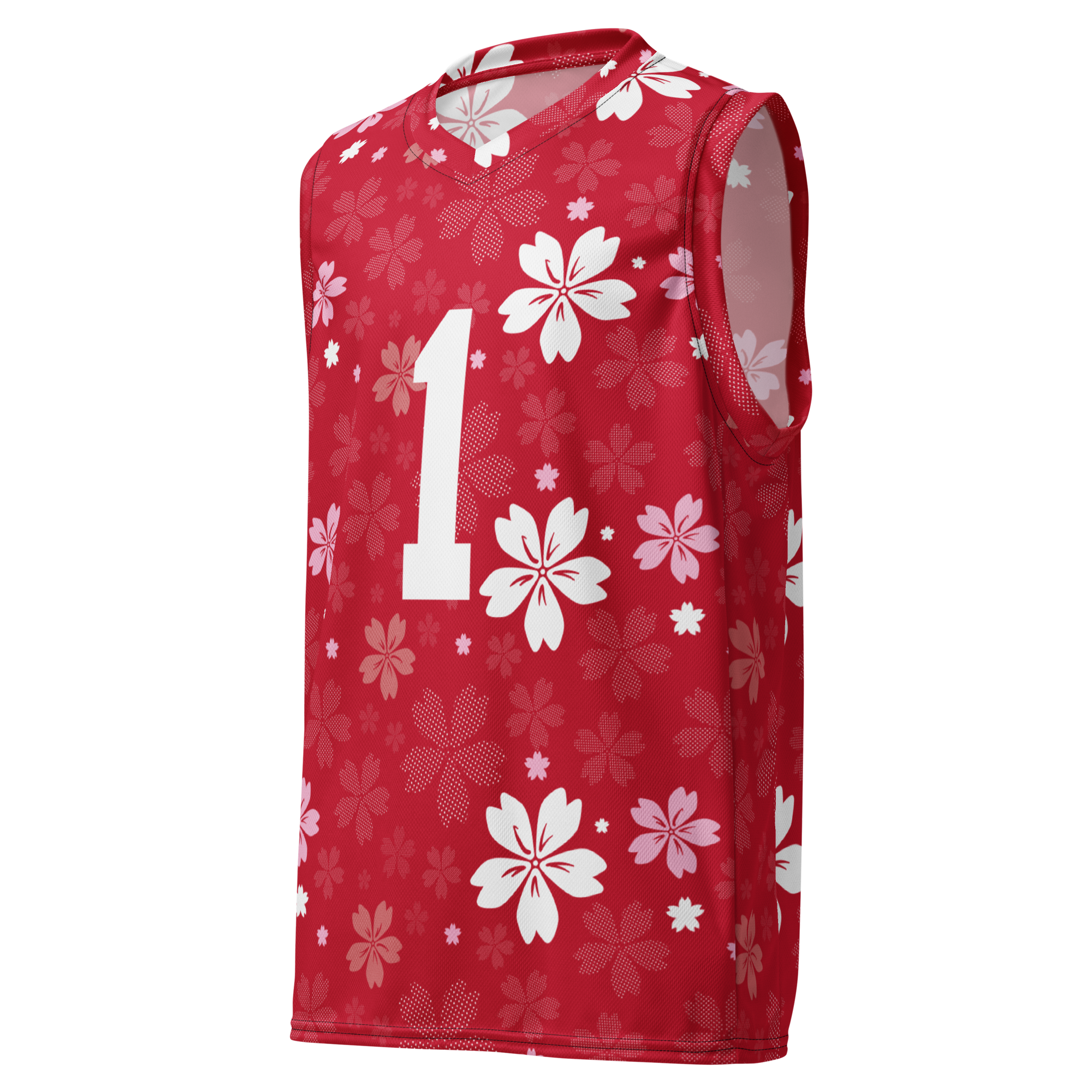
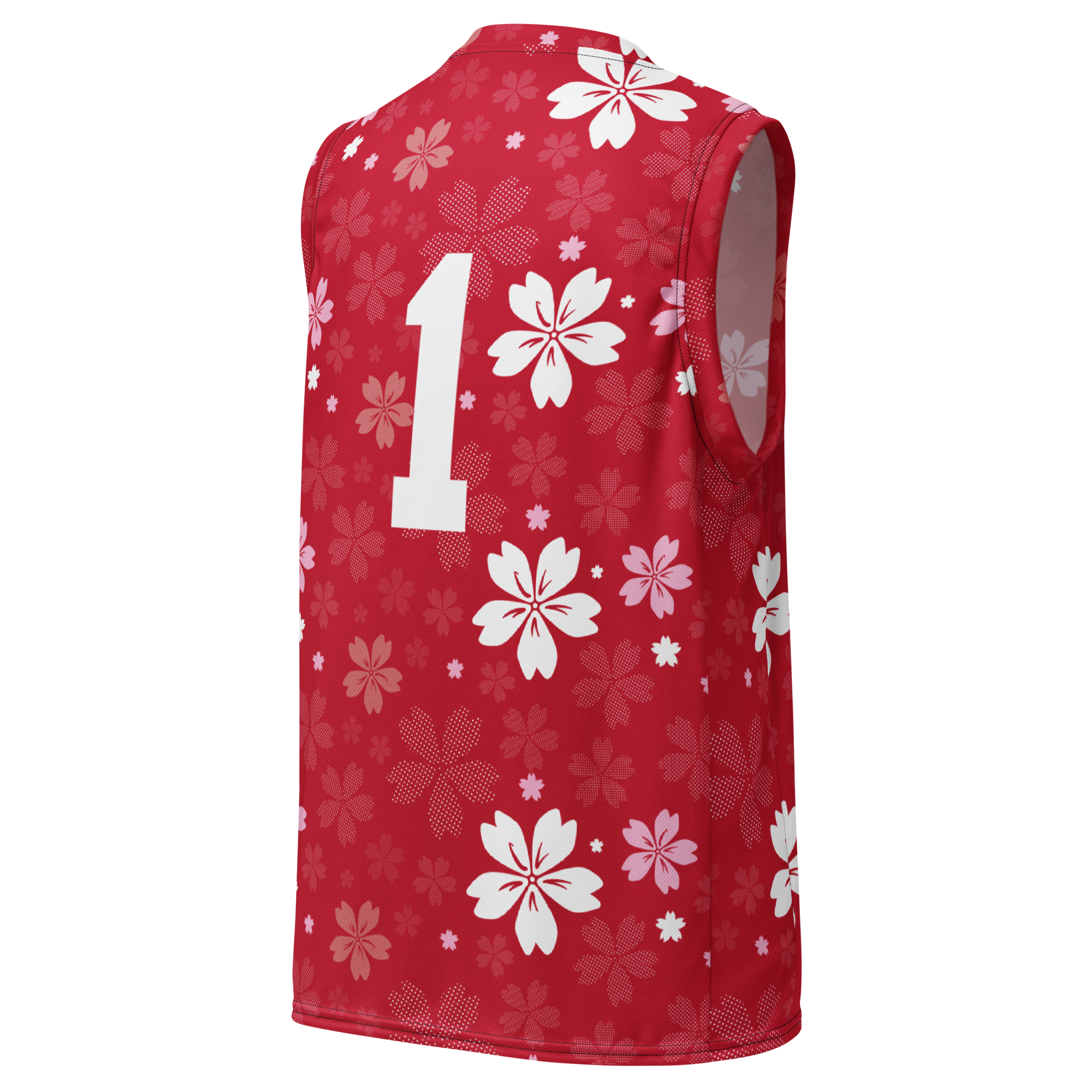








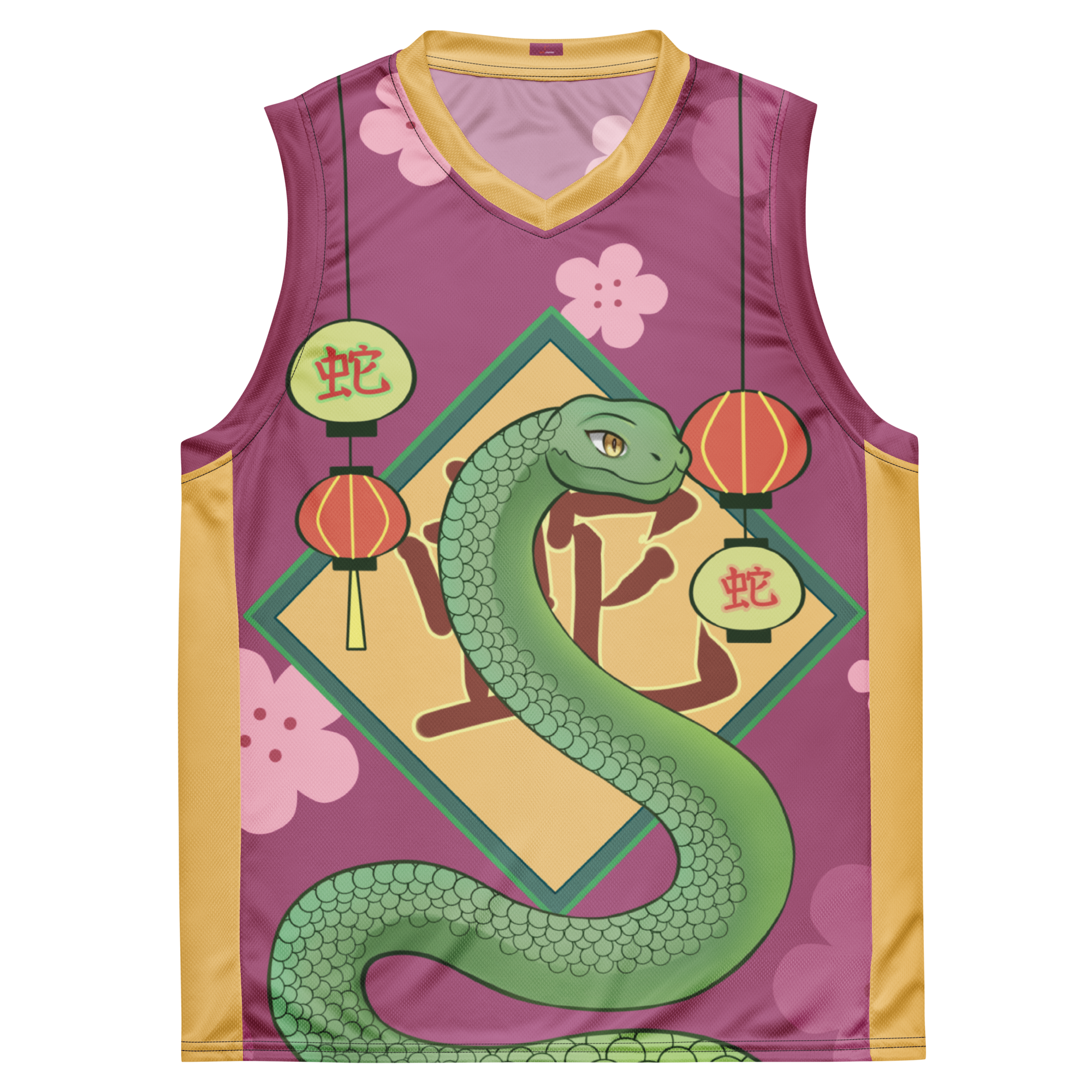
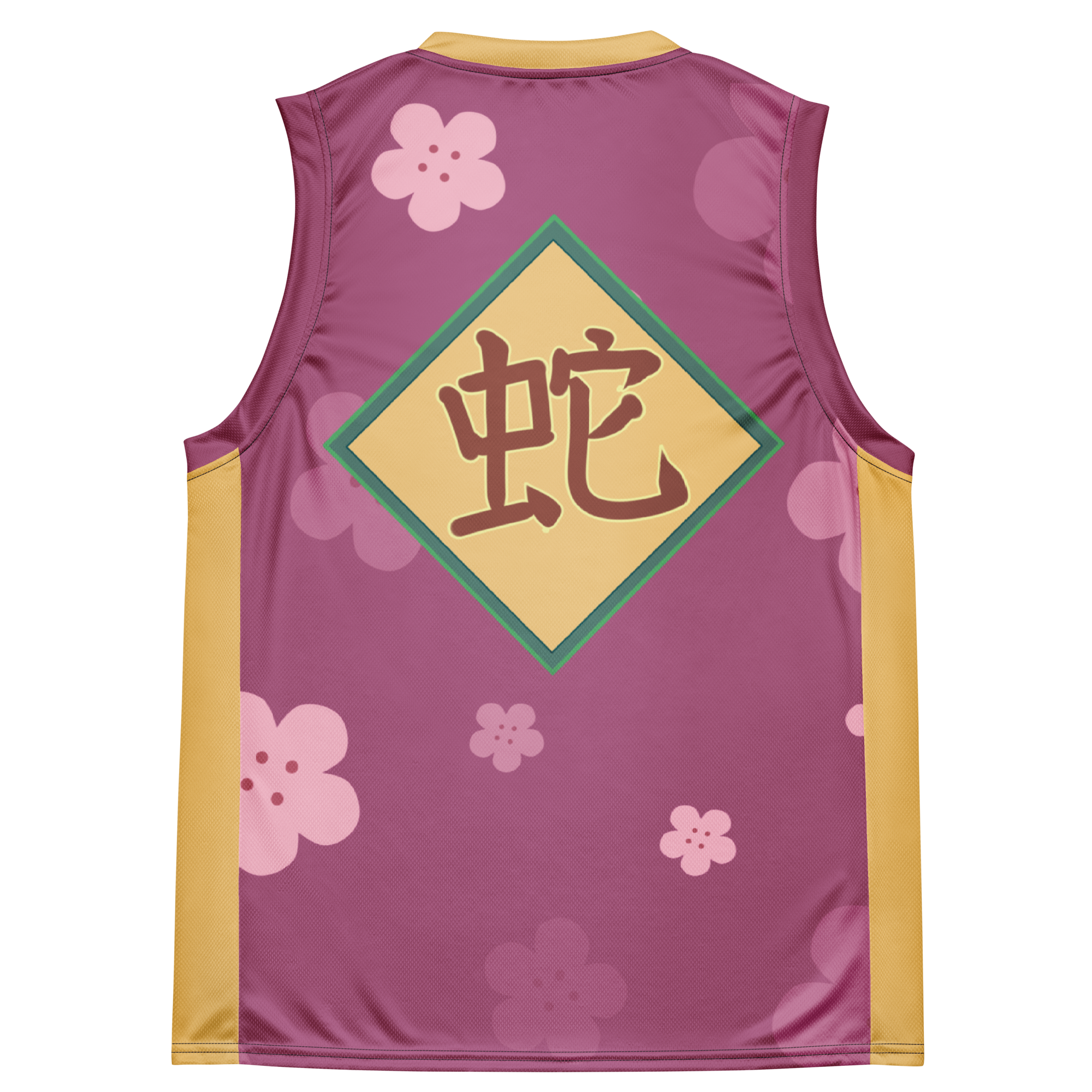
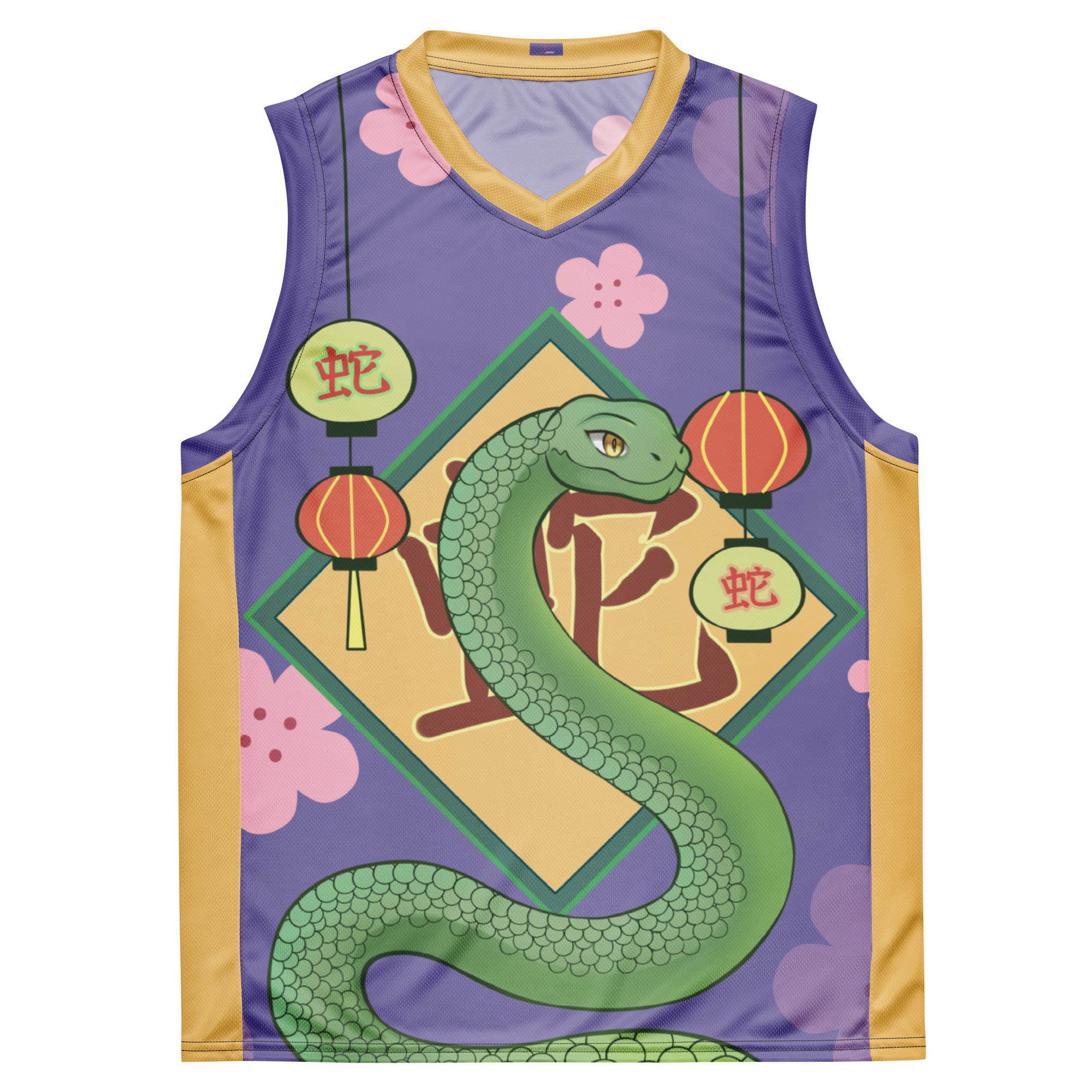
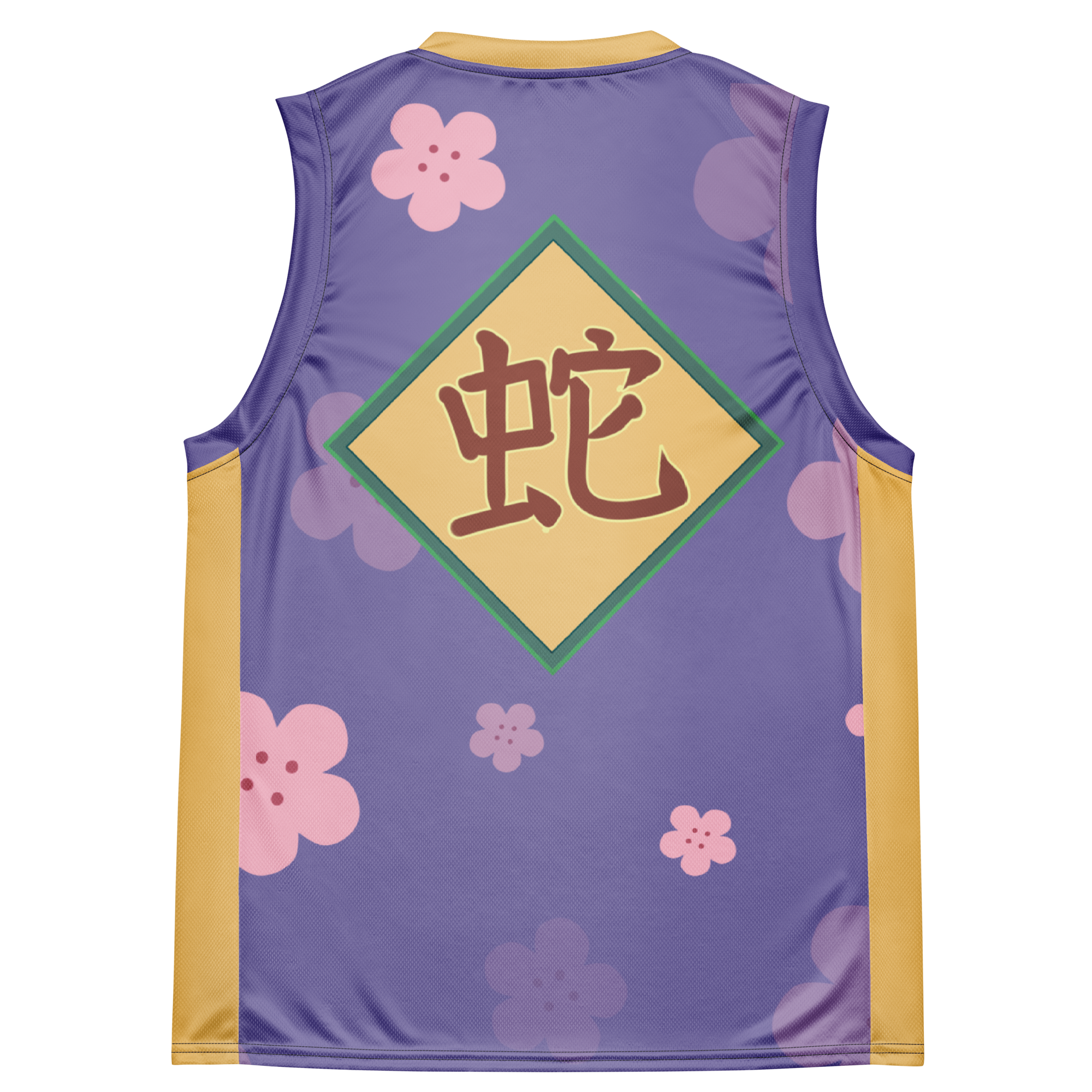
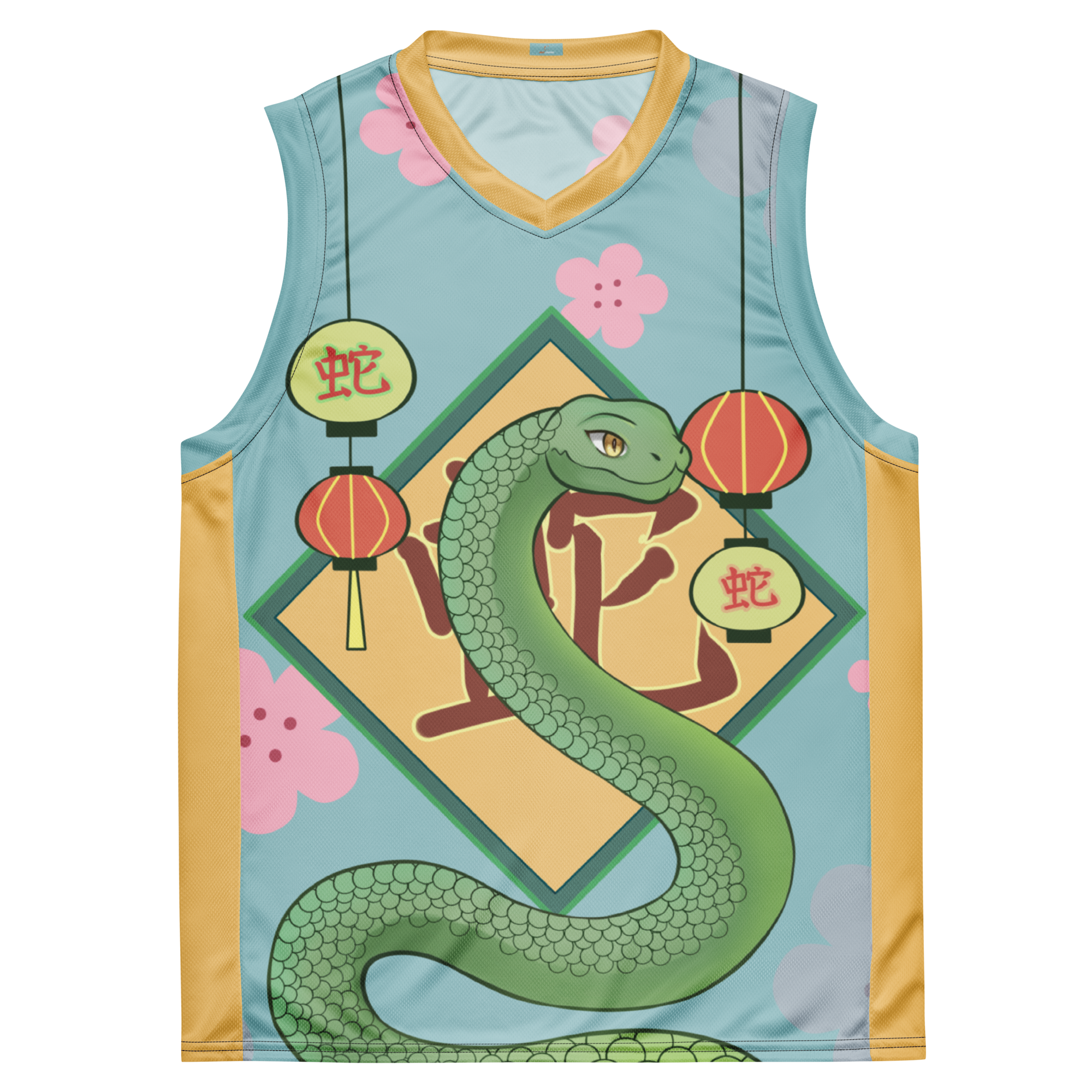
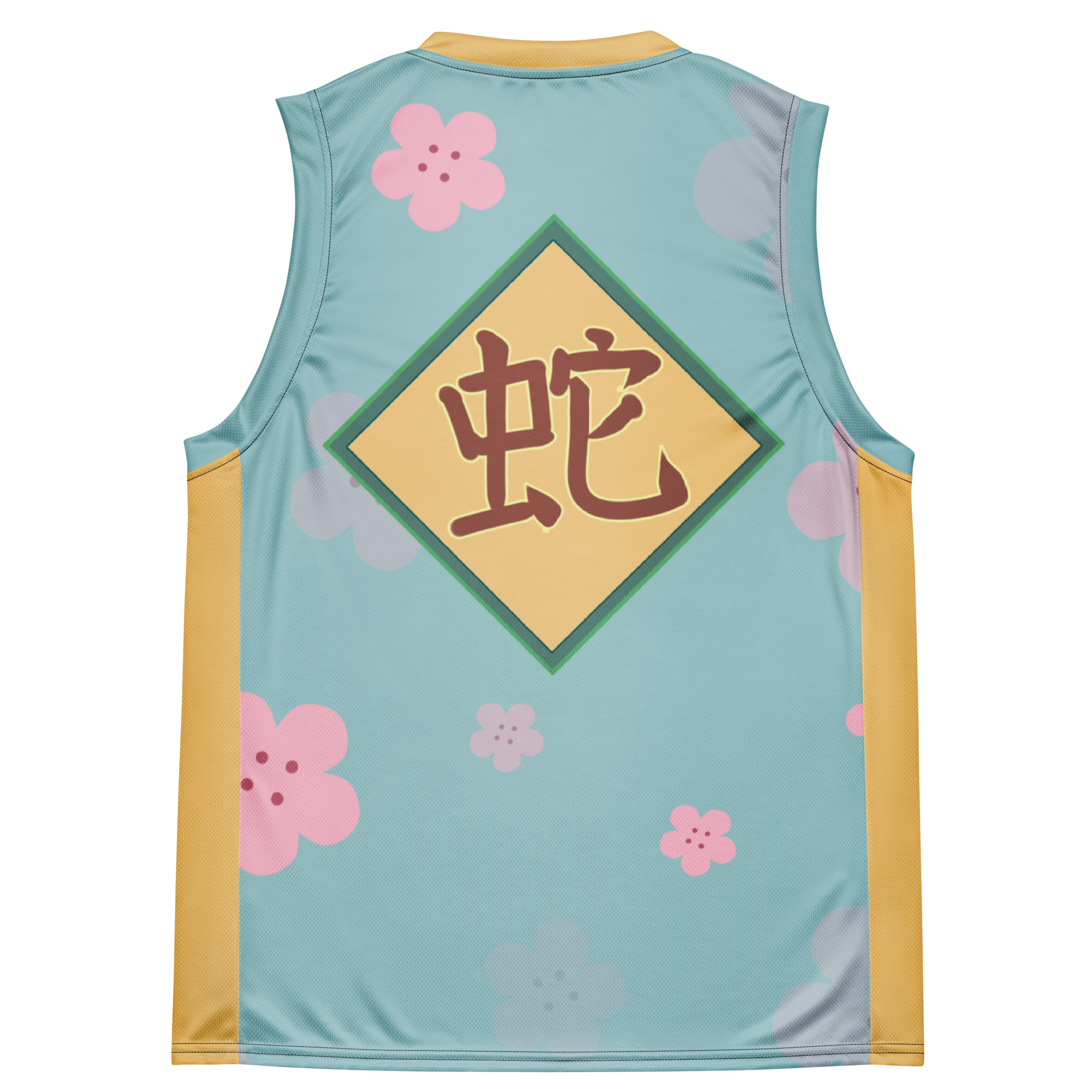












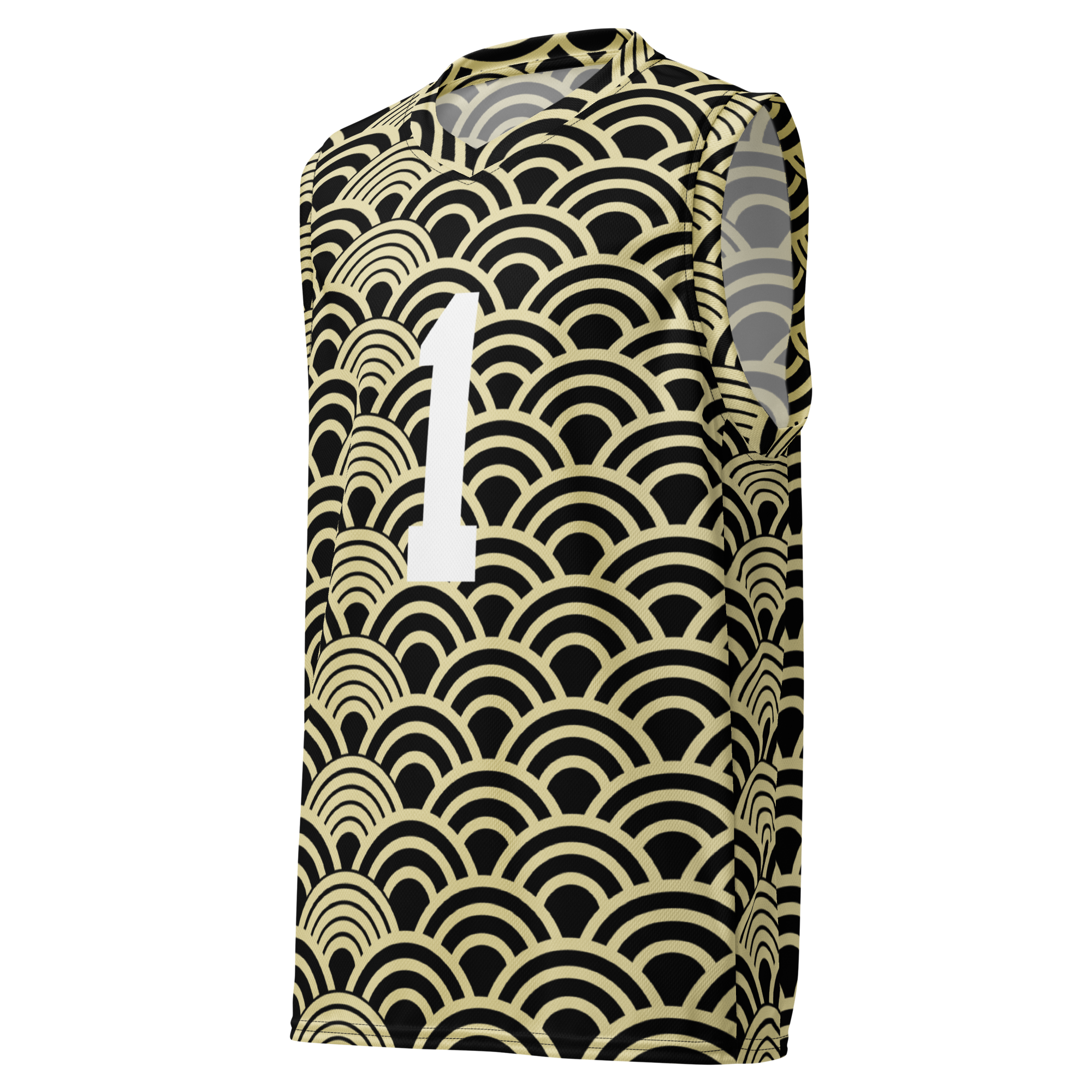

Leave a comment